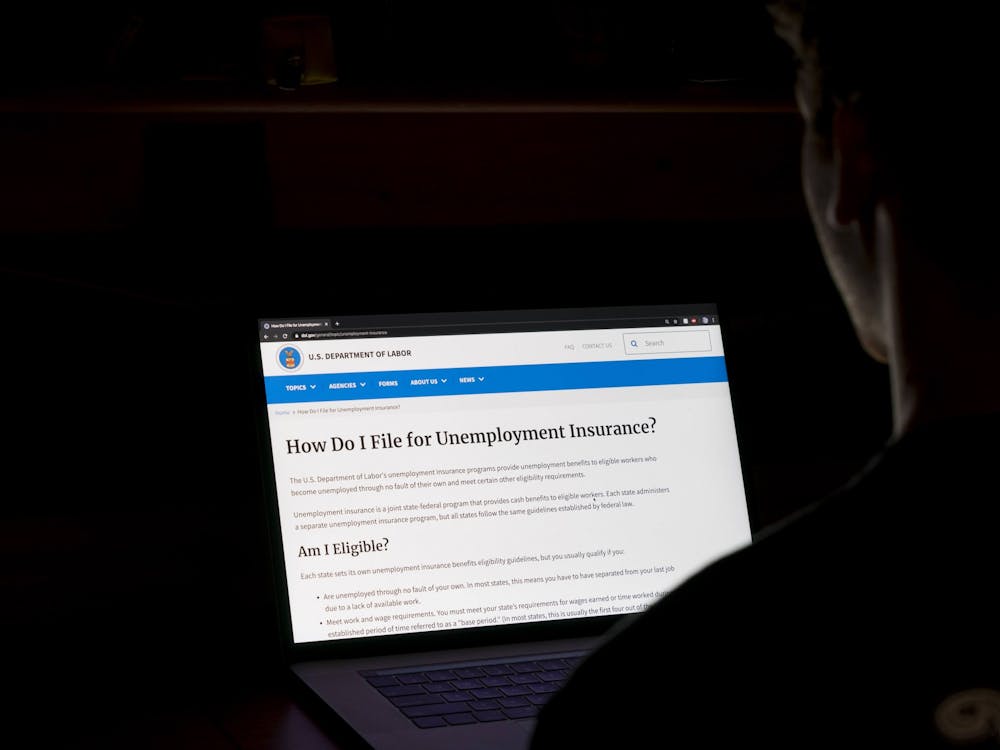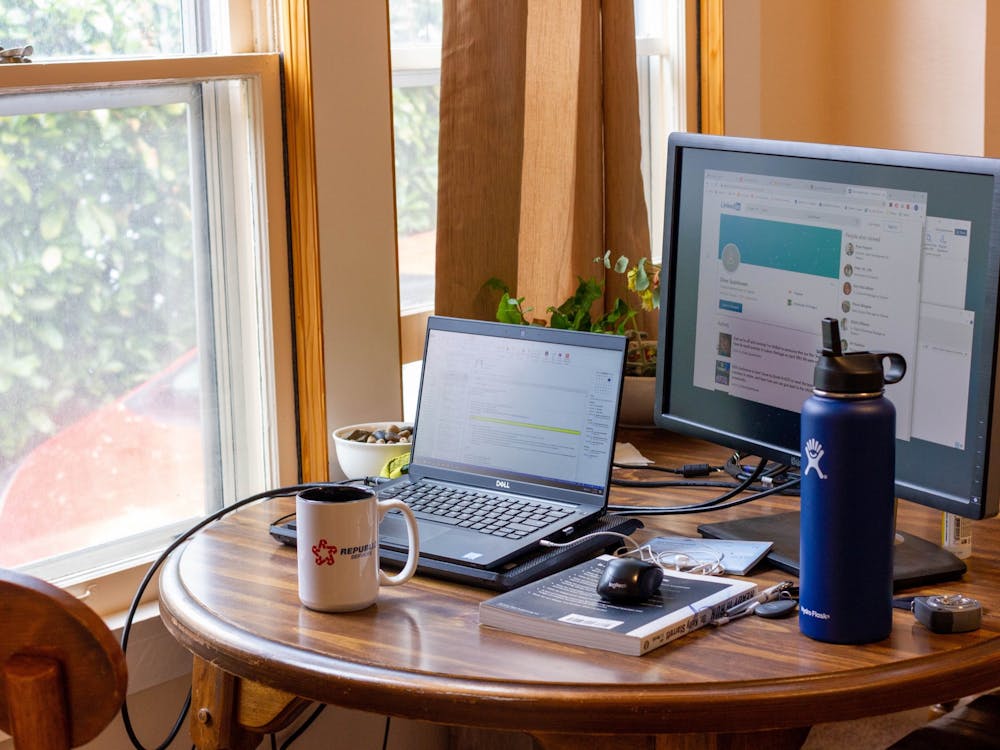Before you land your first post-college job, you’ve got to rack up some experience points in your respective field (or any field, really. Especially if you have no idea what your field is.) And how do you accrue said experience? Internships.
We’re not going to go on some lecture about perfecting your cover letter or calming those jittery nerves during an interview. That’s what the Career Center is for. We’re more concerned with what sort of compensation you’re presented with when you clear all the application hurdles and are offered an internship.
The bottom line: If you’re ready to work at a professional level in an internship, you deserve to be paid like a professional.
Internships don’t need to come with jazzy benefits like dental or healthcare, but since you are dedicating your time and effort to a professional role, you should be rewarded with more than a pat on the back and the promise of a great recommendation. The skill and energy you put into an internship have monetary value.
Unpaid internships feed into a system of inequality. Some of us are privileged enough to be able to accept unpaid internships and not worry about how the bills are getting paid, but many don’t have that opportunity.
People without this privilege either have to pass up on gaining the experience an internship offers or accept and work another job on the side just to make ends meet. This Sophie's choice has many foregoing the quasi-professional experience for something more mundane, but lucrative.
So if you can swing it, don’t take an unpaid internship. Stick with what pays. Otherwise, you are perpetuating a system in which employers can take advantage of desperate college students in need of padding on their resume.
In a world where each "entry-level" job listing requires 3-5 years of experience, waitressing and lifeguarding during college won't cut it anymore. Businesses know this. They sense the sweat dripping down your temples from miles away, and they'll milk your professional anxieties for all that they're worth. Employee discounts and weekly office cake are sweet perks, but not equivalent to a wage that could be spent, saved or invested.
Some might make the argument that interns shouldn’t get paid because, with no prior experience, their newness makes them a gamble for businesses.
But if employers feel confident enough to take us on as interns, they clearly have faith in our abilities. We may not have experience in the field of the internship, but we do have experience in the classroom, in other jobs we’ve had and from our volunteer opportunities. It’s unlikely that they’d take us on at all if we didn’t.
If employers are willing to bet on us as interns, they need to put some money on the table.
The truth is, there are many ways to pay an intern. If an employer can’t afford to dole out the hourly minimum wage, then perhaps some sort of stipend could be arranged. Sometimes a little bit of creativity is necessary to score the paycheck.
For example, The New York Times recently published an article on colleges and universities subsidizing students if their internships are unpaid. Some colleges are leveling the playing field by giving students payment for internships. UP, are you taking notes?
Here, students have to pay the institution to receive college credit for an internship. It costs $883 per credit to receive credit for a summer internship, which means a student with an unpaid internship not only has to pay for her transportation and other living expenses, but also find the funds to officially earn credit for school. Other than checking in with a professor a few times during the summer, students are on their own as they work for their credit, but they end up paying like UP is helping them complete the internship. Spoiler alert: it isn’t.
We’re conditioned to believe it’s a blessing to land an internship that pays. But it should be a given that we’re paid for our work. We’re taught to undervalue our skills and consequently our worth by this system. And what kind of standard does that set us up for later in our careers?
Self-worth is immensely important. When you don't get compensated for your work, you begin to believe your work doesn't matter. And you begin to believe that YOU don't matter.
You do matter. And while the work you’re doing may be priceless, you still deserve pay.
And those who truly cannot afford to contribute a full 40 hours of unpaid work should never feel less-than. A job market riddled with unpaid internships further amplifies the wealth gap, but even more so, it feeds into the class system that Americans would like to deny exists all together.
Think about it. If one student tells you they're working as a marketing intern for a cool Portland company downtown, and another student tells you they're working at Starbucks, who will stand out to you as more driven, more intelligent, perhaps even more worthy?
But the Starbucks worker is paying off loans that the unpaid intern doesn't have to worry about. He's trying to make enough cash to go to school and still pay his water bill.
Or maybe the marketing intern does have to pay student loans. Maybe she does have to pay rent and on top of her unpaid work, she also picks up the night shift at McDonald's. She hardly gets any sleep and she's starting to under perform at school. In an attempt to stay above the Starbucks ilk and ensure her middle-class future, she risks losing the education she's working so hard to pay for.
Isn't it all too high a price to pay?
At the end of the day, unpaid internships are overrated. If employers can't pay you, they don't deserve to have you.








